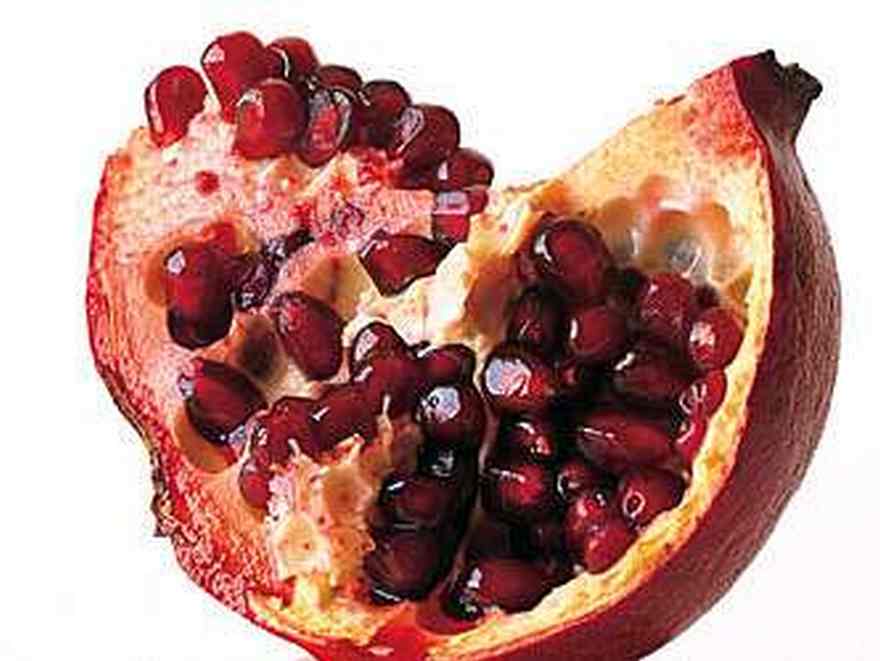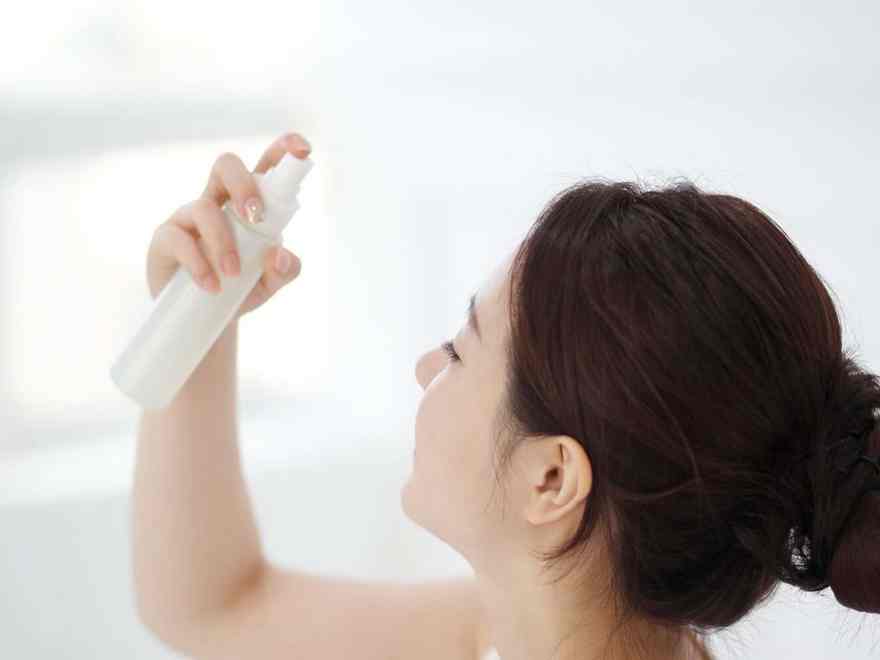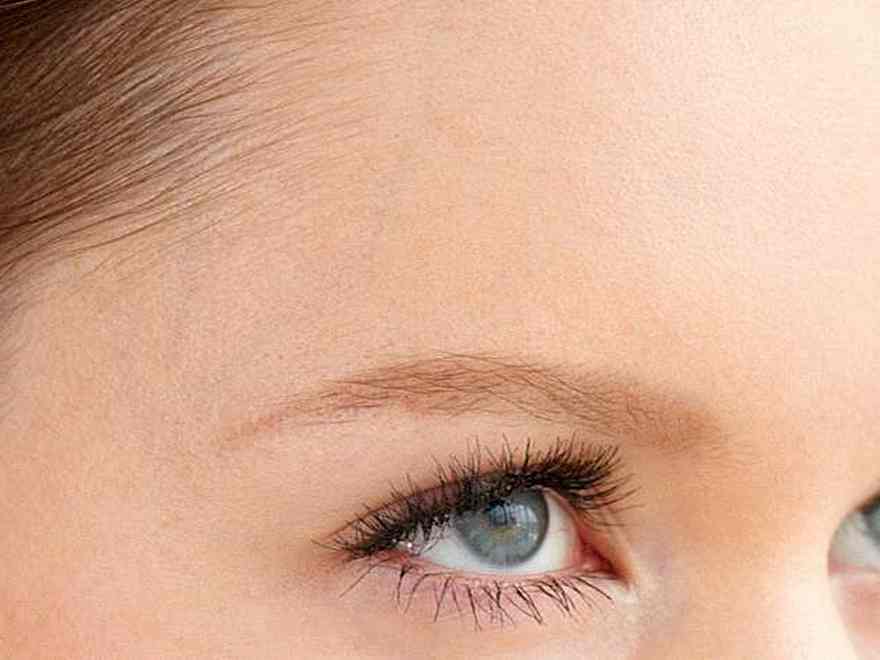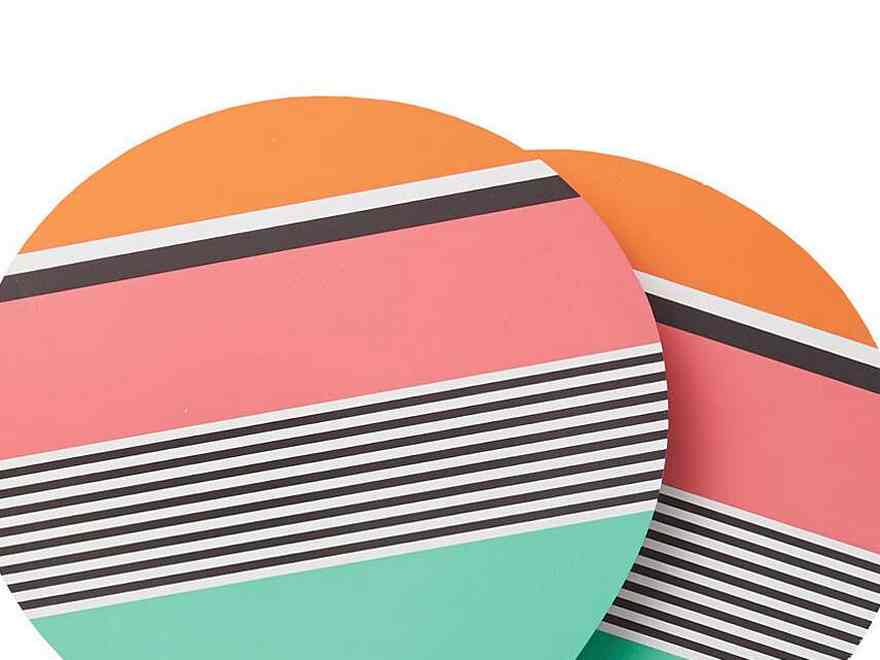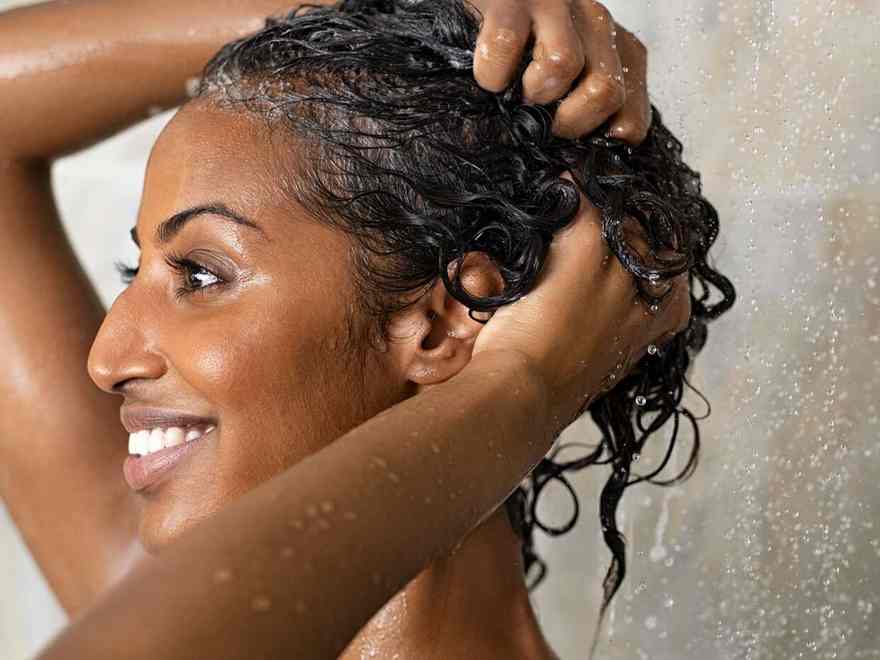
Have you ever ever washed your hair with shampoo and conditioner solely to hop out of the bathe and see that, as soon as it's dried, it simply doesn't look proper? This bathe mixture could also be the usual, however it's not for everybody—actually, many hairstylists inform their purchasers to say goodbye to shampoo (not less than a number of days every week) and swap to cleaning conditioners as a substitute. These ultra-nourishing formulation have been round for years, all due to the co-wash pattern. That will help you decide whether or not or not a cleaning conditioner is likely to be greatest to your hair, we requested the next specialists for his or her perception.
Associated: The Finest Conditioners For Completely different Hair Sorts
Cleaning conditioners work on a myriad of hair varieties.
In keeping with Thom Priano, a celeb stylist and co-founder of R+Co, the most important advantage of cleaning conditioners is their two-in-one energy: They clear and situation on the identical time. Additionally they work throughout a number of hair varieties. "Cleaning conditioner is nice for over-bleached or highlighted hair, dry, brittle hair, and likewise curly or frizzy hair; in all circumstances, it helps to fix the hair with out an additional step," he explains. Okayérastase artist Pepper Pastor agrees, noting that cleaning conditioners are particularly nice for anybody on the lookout for a nourish therapy, and to stop shade loss: "I like utilizing them on purchasers with color-treated hair—particularly darker tones and reds, as they actually protect the colour."
They’re light.
Cleaning conditioners are a lot gentler than traditional shampoo-and-conditioner mixtures. The explanation? In keeping with SACHAJUAN artistic director Trey Gillen, they're normally sulfate-free. "Because the harsh cleaning impact isn't there, the hair is cleansed much less aggressively which doesn't dry it out," he says. Plus, they use emulsion expertise and emollient oils to take away filth, particles, and floor oils, all with out over-stripping. "This enables the hair fibers to retain a correct steadiness of moisture," says trichologist and colorist Bridgette Hill of Paul Labrecque Salon and Skincare Spa.
They should not exchange shampoo.
However don't toss your shampoo simply but, nevertheless—there's a time and a spot for sudsy, surfactant-based formulation. "If you happen to really feel the necessity to wash your hair day-after-day—which most individuals actually shouldn't—cleaning conditioners can be utilized as an alternative each few days, as they’re much gentler on the hair," says Oribe educator Adam Livermore, who recommends the model's Cleaning Crème for Moisture & Management ($46, dermstore.com). Whereas they can be used as an alternative right here and there, a deep cleanse—a few times per week—continues to be helpful to your scalp's well being.
As a normal rule of thumb, Livermore says that individuals with coarse, frizzy, or curly hair ought to use cleaning conditioners each different wash, alternating with the traditional shampoo-and-conditioner pairing. This finally helps the hair follicle's lipid barrier and helps preserve hair tamed and frizz-free. Gillen recommends that these with brittle or over-processed hair comply with the same schedule.
You seemingly will not really feel squeaky clear.
When integrating a cleaning conditioner into your routine, you may discover the distinct absence of that "squeaky clear" feeling, particularly in case you're used to conventional shampoos. This may be jarring—however cleaning conditioners don't ship that very same sudsy expertise that many people have come to affiliate with clear hair. This is the reason Gillen suggests utilizing them alongside—not as a substitute of—shampoo and conditioner, and scrubbing vigorously for 15 to 30 seconds when you have got them in your hair ("You want to use your fingers to knock all of the oils and filth free; then let it sit for a minute or two to offer the conditioning properties time to do their job earlier than you rinse out," he explains).
Consider it this fashion, says Hill: "I exploit the analogy of approaching cleaning conditioners because the 'light cycle' wash setting used for delicate materials," she explains, including that she prefers Briogeo's light components ($32, revolve.com). "Our hair fibers thrive from being gently cleansed. Alternatively, co-washes don’t cleanse the scalp. You want to incorporate a deeper cleanse for mobile turnover on the scalp—and to take away particles and buildup on the roots and on the underside of the hair cuticle."
Test for nourishing elements.
Pastor says that, above all else, conditioning cleansers ought to be light. "Ideally, you wish to discover a product that is freed from sulfates and doesn’t cleanse the hair in an aggressive method," she says. To take action, Hill notes to search for merchandise chock filled with fatty acids, like these formulated with avocado, coconut, shea oils, and butters.
And whereas deciding on formulation which can be sulfate- and paraben-free ought to guarantee a high quality cleaning conditioner, Gillen explains you possibly can put the product by means of a suds check at house. "A real sulfate-free components won’t lather in any respect—it should carry out like a conditioner, which is healthier for stressed-out hair," he says, including that Sachajuan's Hair Cleaning Cream ($42, dermstore.com) checks this field.



